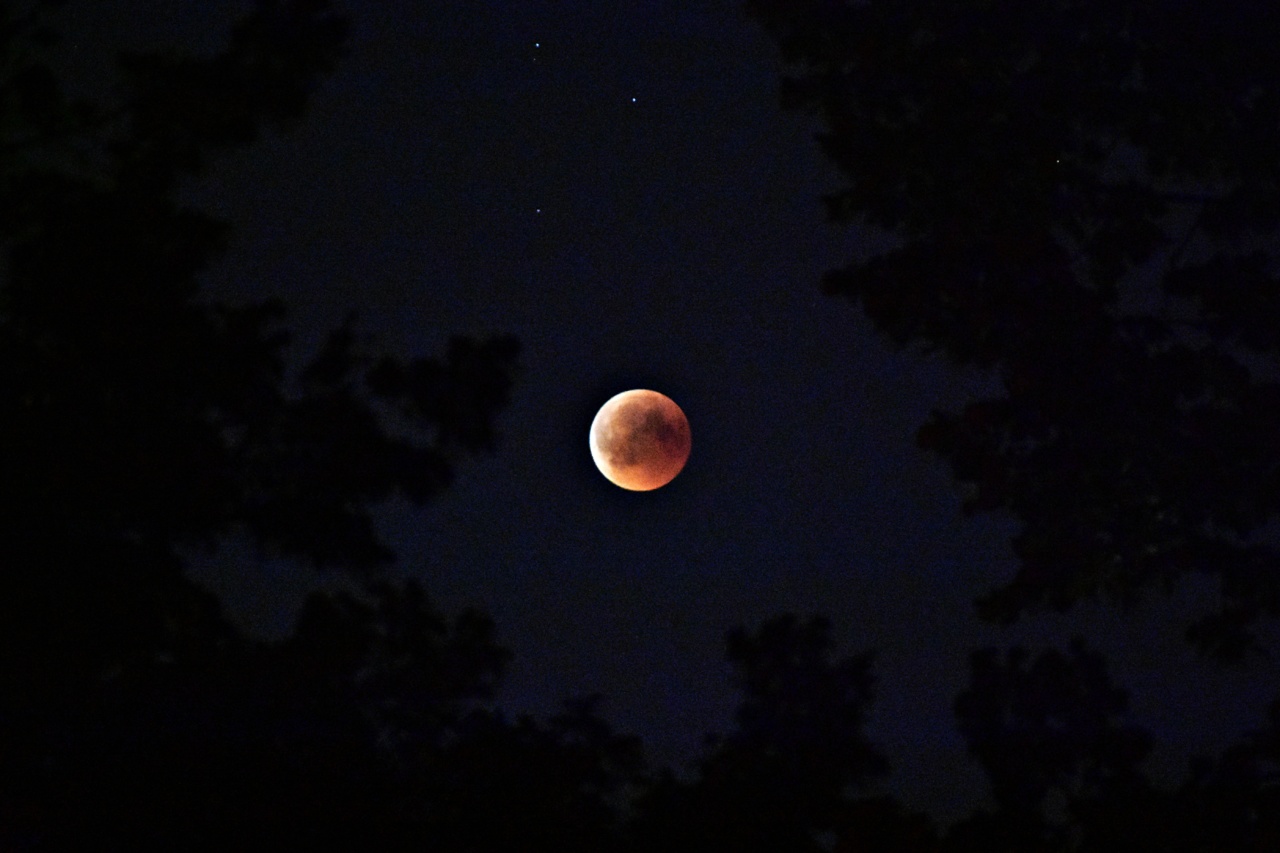Have you ever experienced trouble sleeping during the nights of the full moon? You might think it’s a coincidence or just your imagination but actually, there’s some scientific explanation behind it.
Many people have reported feeling restless, agitated, and unable to sleep properly on the night of the full moon. In this article, we’ll explore the reasons behind this lunar influence on our sleep patterns.
The Connection Between the Moon and the Human Body
The gravitational pull of the moon affects the tides in the ocean, but did you know that it also affects the human body? Our bodies are mainly made up of water, which makes it more responsive to the moon’s gravitational pull.
The moon influences the movement of fluids within our body, giving rise to changes in our mood and behavior.
There is a growing body of evidence that suggests that the moon also influences our sleep patterns.
A study conducted by the University of Basel in Switzerland found that participants slept less deeply and for a shorter duration during the full moon phase. This correlation between the lunar cycle and sleep patterns suggests that the moon does indeed have a measurable influence on our bodies.
The Hormonal Effect of the Full Moon on Sleep
One possible reason for the changes in sleep patterns during the full moon phase is the effect it has on our hormones. Melatonin is a hormone that plays a crucial role in regulating our sleep-wake cycle.
The production of melatonin is stimulated by darkness, which is why we feel sleepy at night. However, the full moon can interfere with melatonin production, making it more difficult to fall asleep and stay asleep.
Another hormone that is affected by the full moon is cortisol. Cortisol is a stress hormone that is normally released in the morning to help us wake up and start our day.
However, during the full moon phase, cortisol levels appear to be higher at night, which can lead to restlessness and anxiety, making it more challenging to sleep.
The Psychological Effect of the Full Moon on Sleep
Aside from the hormonal effects, the full moon also affects our psychological state, which can impact our sleep. The bright light of the full moon can disrupt our circadian rhythm, which is the internal clock that regulates our sleep and wake cycle.
Bright light exposure during nighttime can interfere with the production of melatonin, making it harder for our bodies to fall asleep and stay asleep.
Moreover, the full moon is associated with myths and folklore that connect it to increased activity and aggression levels.
These beliefs might create negative psychological associations with the full moon, leading to anxiety and stress, and causing people to have trouble sleeping.
Tips for Better Sleep During the Full Moon
Although there’s no magical cure for the sleep disturbances caused by the full moon, there are some strategies that can help mitigate its effects. Here are some tips to help you sleep better during the nights of the full moon:.
- Avoid bright light exposure during nighttime by using dimmer lights or wearing an eye mask.
- Create a sleep-conducive environment by keeping the bedroom dark and quiet.
- Practice relaxation techniques before bed to help calm your mind and reduce anxiety.
- Avoid caffeine and alcohol, which can interfere with sleep even more during the full moon phase.
- Stick to a regular sleep schedule and make sure to get enough sleep every night.
The Bottom Line
The full moon can have a noticeable influence on our sleep patterns, causing restlessness, anxiety, and difficulty staying asleep.
The hormonal and psychological effects of the full moon can disrupt our circadian rhythm, making it harder to get a good night’s sleep. By understanding the connection between the moon and our sleep, and implementing effective strategies, we can get a better night’s rest and wake up feeling refreshed in the morning.




























